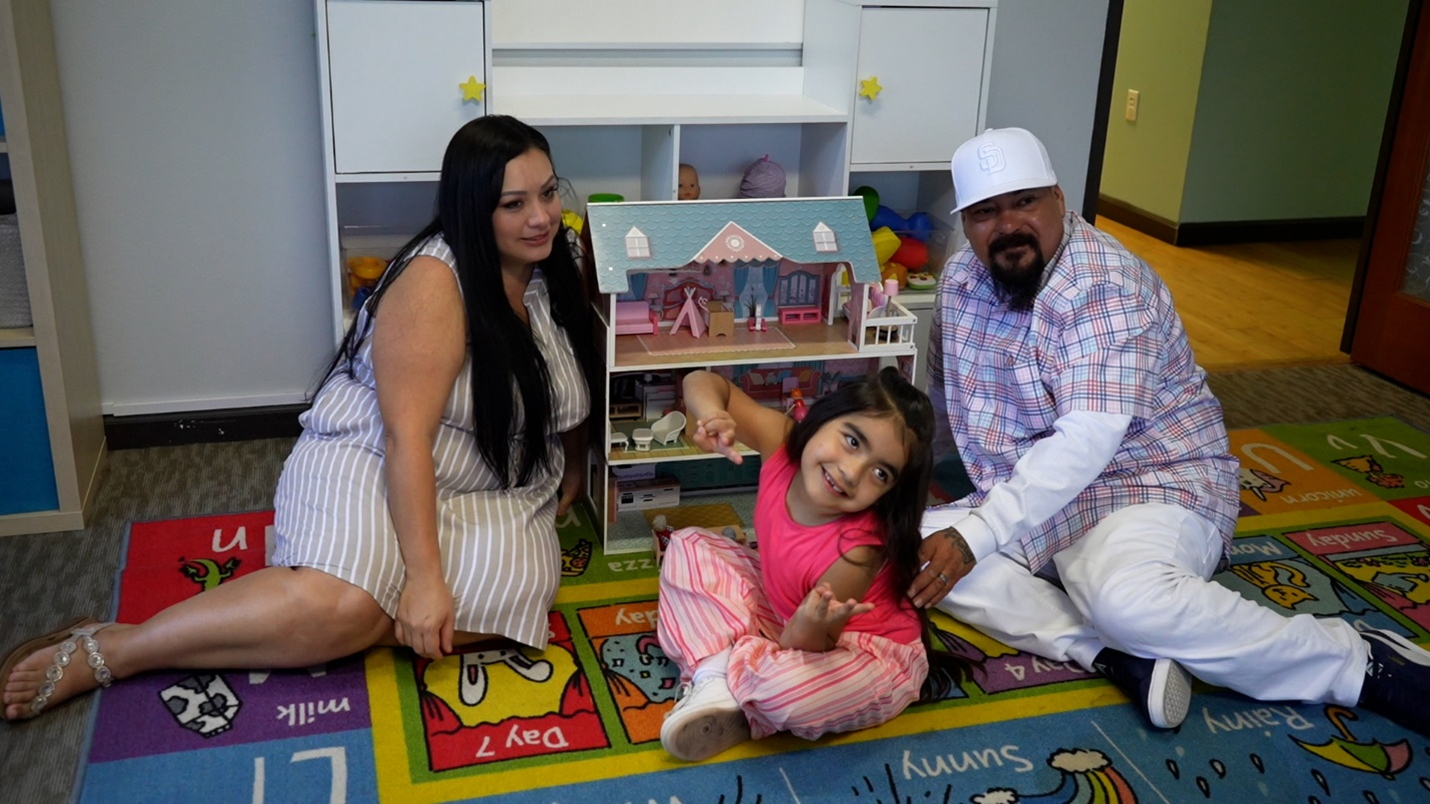Growing up in a Chicano immigrant community in San Diego, Essence Rodriguez considered her ability to pursue a higher education a privilege.
“My family saw education as the way out of poverty and a path towards opportunity,” she shared, adding that their push and support is the reason she is a first-generation college student.
But Essence never imagined herself going into finance.
That opportunity came when the Community Finance Fellowship was launched by Mission Driven Finance (MDF), a San Diego-based impact investment firm, to address inequities in and “change the face” of the finance sector. The primary objective of the fellowship is to give new professionals in the field the opportunity to mobilize capital into communities that have been overlooked and underestimated by the traditional finance system.
Essence is one fifth of the inaugural Community Finance Fellowship cohort, and started during her final semester at UC San Diego.
“What really drew me was the aspect of impact and serving underrepresented communities,” Essence shared, having been introduced to the opportunity to apply by Dr. Tom Wong, a professor whom she worked for as an undergraduate research fellow at the university’s U.S. Immigration Policy Center.
Funding support from The San Diego Foundation Early Childhood Initiative (ECI) resulted in a “fellowship within a fellowship” for Essence, creating the opportunity for a significant portion of her work to be focused on supporting the early childhood education and care sector.
One strategy of ECI is to strengthen small providers through access to capital by administering innovative impact investing/microlending models. The models support small early childcare providers, with a focus on those that serve low-moderate income families, provide affordable care, and those that have adopted or will adopt high quality instructional standards and practices.
Mission Driven Finance’s goals to close financial and opportunity gaps parallel those of The San Diego Foundation. MDF is dedicated to building a system that ensures sufficient, affordable access to capital for good businesses that want to invest in their communities — childcare providers included.
The Importance of Impact Investing
“The system is broken, wrecked with inequalities and people of color and low-income suffer the most,” Essence said of the financial systems that should be supporting small businesses like childcare providers.
MDF conducted countywide stakeholder research to understand what the barriers are to this access and found that real estate was one of the most challenging hurdles for both center-based and home-based care providers.
“The industry is extremely challenging for all involved — providers, workers, families and communities,” Essence shared, adding that the financial margins are slim for early care providers. Even programs that are fully subsidized don’t reimburse at a level that covers the full costs of services. “And for programs where parents pay, it can be quite expensive.”
Essence worked with David Lynn, CEO at Mission Driven Finance, and ECI Strategic Advisor Laura Kohn on a real estate investment strategy called the community Real Estate Investment Trust (cREIT) to attract private investors to early care and education and reduce the real estate barriers for providers.
Supporting the “Heart Work” of Providers
“cREIT is designed to expand the availability of quality care and help providers, who are predominantly women of color,” Essence said of the project. cREIT will enable more private capital to flow into the early care and education sector in a more secure structure, as opposed to small business or personal loans, which in turn increases the quantity and the quality of childcare spaces.
Essence shared that family childcare home providers often have their heart in the work but need training and support on the business aspects to provide high-quality care. Many home-based care providers rent their spaces and don’t have the authority to make improvements to increase quality or meet state standards for larger licenses.
“Increasing quality childcare spaces means more great providers in a community, which leads to thriving kids, thriving families, and a thriving economy,” Essence shared, emphasizing that treating childcare providers like business women will only amplify their contributions to our economy.
“Doing so not only improves and furthers their story, but also improves the story of the children who are in their care.”
The Impact of the Fellowship
Lauren Grattan, co-founder and chief community officer at Mission Driven Finance, is delighted to see how Essence and the other fellows have grown personally and professionally through the Community Finance Fellowship.
“We put more than $7 million dollars into the community in the year that fellows have been with us,” Grattan shared. “That really bears out the truth of the impact, of being able to put this capital to work during a pandemic.”
“It’s definitely been an adventure,” says Essence of the fellowship, which was supposed to start in-person in March of 2020 but switched to the virtual world at the onset of the pandemic. She shared that it has been a learning curve to study the ins and outs of impact investing virtually while also trying to get to know her MDF team members and the other fellows.
“It’s really the people that make this model work,” Essence emphasized, highlighting how supported and welcomed she felt by her MDF colleagues. “Everyone is a champion for equity.”
As far as what’s next for Essence, the possibilities are endless. She’s been inspired by the work of impact investing, and has joined Chordata Capital, an anti-capitalist wealth management firm with a commitment to support clients in redistributing rather than continuing to accumulate wealth.
Essence’s work as a finance fellow has equipped her with the tools and growth needed to aid underserved communities, to better their lives and the lives of future generations.
To learn more about the Community Finance Fellowship program and the inaugural cohort, watch this video.




